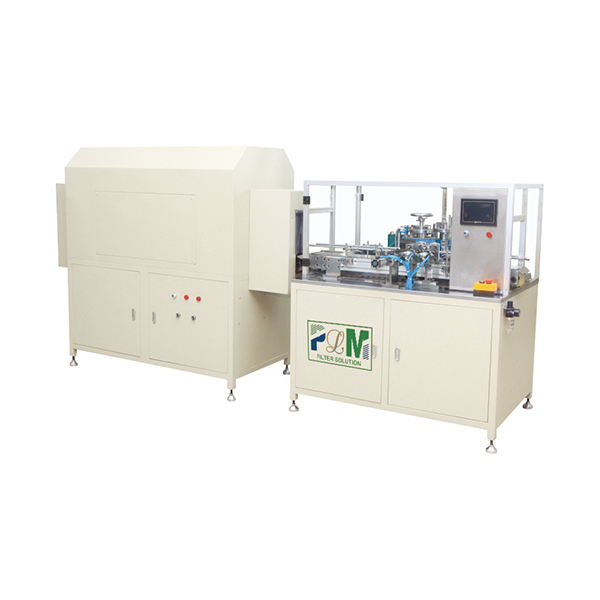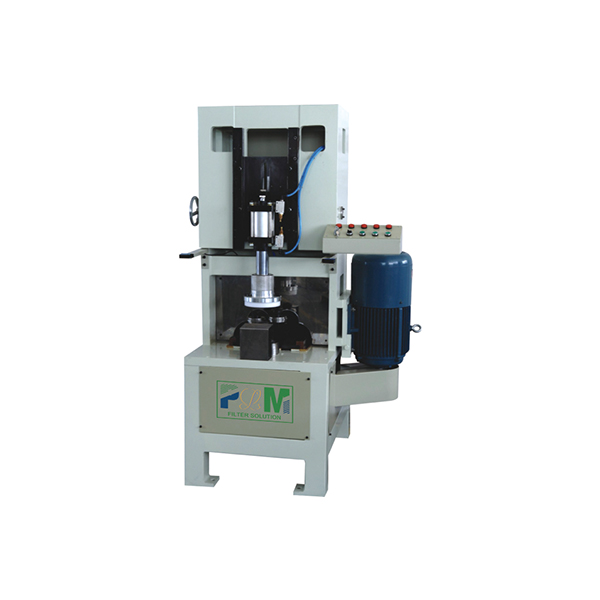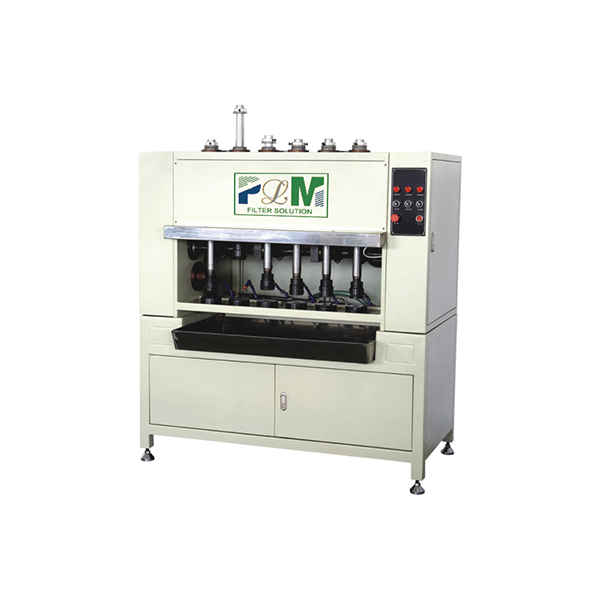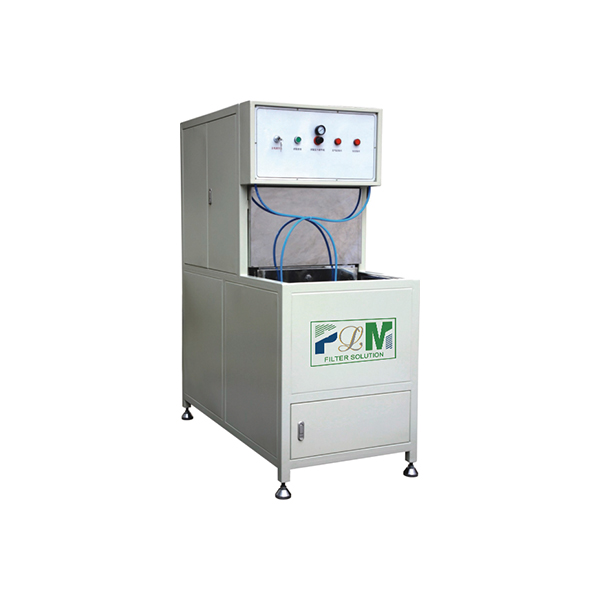
- Afrikaans
- Albanian
- Amharic
- Arabic
- Armenian
- Azerbaijani
- Basque
- Belarusian
- Bengali
- Bosnian
- Bulgarian
- Catalan
- Cebuano
- China
- China (Taiwan)
- Corsican
- Croatian
- Czech
- Danish
- Dutch
- English
- Esperanto
- Estonian
- Finnish
- French
- Frisian
- Galician
- Georgian
- German
- Greek
- Gujarati
- Haitian Creole
- hausa
- hawaiian
- Hebrew
- Hindi
- Miao
- Hungarian
- Icelandic
- igbo
- Indonesian
- irish
- Italian
- Japanese
- Javanese
- Kannada
- kazakh
- Khmer
- Rwandese
- Korean
- Kurdish
- Kyrgyz
- Lao
- Latin
- Latvian
- Lithuanian
- Luxembourgish
- Macedonian
- Malgashi
- Malay
- Malayalam
- Maltese
- Maori
- Marathi
- Mongolian
- Myanmar
- Nepali
- Norwegian
- Norwegian
- Occitan
- Pashto
- Persian
- Polish
- Portuguese
- Punjabi
- Romanian
- Russian
- Samoan
- Scottish Gaelic
- Serbian
- Sesotho
- Shona
- Sindhi
- Sinhala
- Slovak
- Slovenian
- Somali
- Spanish
- Sundanese
- Swahili
- Swedish
- Tagalog
- Tajik
- Tamil
- Tatar
- Telugu
- Thai
- Turkish
- Turkmen
- Ukrainian
- Urdu
- Uighur
- Uzbek
- Vietnamese
- Welsh
- Bantu
- Yiddish
- Yoruba
- Zulu
Aug . 05, 2025 15:18 Back to list
Truck Air Filters Machines Operations
In the demanding world of commercial trucking, engine performance and longevity depend heavily on one crucial component: the air filtration system. High-flow truck air filters represent a significant advancement in heavy-duty engine protection, offering superior airflow while maintaining exceptional filtration efficiency. These specialized filters are manufactured using precision Air Filter Making Machines designed specifically for the trucking industry's rigorous requirements. This comprehensive examination explores the technology behind high-performance filtration systems and their importance in modern freight transportation.
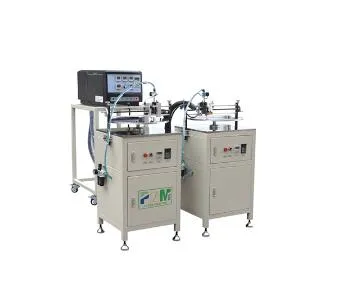
Engineering Principles of Truck Air Filter Machines Technology
The development of high-flow air filters for commercial vehicles stems from extensive research in fluid dynamics and particulate filtration. Unlike conventional filters that often create restrictive airflow, these advanced systems utilize:
Multi-layered synthetic media with graduated porosity
Optimized pleat designs that maximize surface area
Advanced sealing technologies that prevent bypass leakage
Truck Air Filter Machines now incorporate computer-aided design to create filter elements that balance airflow requirements with filtration efficiency. The manufacturing process begins with specialized media that traps microscopic particles while allowing maximum air volume to pass through to the engine. This is particularly crucial for modern turbocharged diesel engines that require substantial air volumes for optimal combustion.
The production of these high-efficiency filters relies on sophisticated Heavy Duty Air Filter Machine equipment capable of precisely forming the complex pleat patterns and ensuring consistent quality across thousands of units. These industrial machines can produce filters with up to 50% more surface area than traditional designs while maintaining structural integrity under extreme operating conditions.
Advantages of Air Filter Making Machine in Applications
Field testing has demonstrated several key benefits of high-flow air filtration systems in commercial trucking operations:
Improved Fuel Efficiency: Reduced air restriction can lead to 1-3% better fuel economy in over-the-road applications
Extended Service Intervals: Advanced media formulations maintain efficiency longer, reducing maintenance downtime
Enhanced Engine Protection: Superior filtration of abrasive particles prevents premature engine wear
The manufacturing of these performance filters requires specialized Air Filter Making Machine configurations that can handle the dense yet permeable media used in high-flow applications. Production facilities must maintain strict environmental controls to prevent contamination during the assembly process, as even minor defects can compromise filtration effectiveness.
The filters' ability to maintain airflow while loading with dirt represents a significant advancement over traditional designs, particularly in severe service environments like construction, mining, and agricultural operations.
Truck Air Filter Machines in Processes and Quality
The production of commercial-grade high-flow filters involves multiple precision stages:
Modern Truck Air Filter Machines incorporate vision systems and laser measurement devices to ensure every filter meets exacting OEM specifications. The manufacturing environment maintains strict cleanliness protocols, as dust contamination during production could potentially compromise the very product designed to eliminate such particles from engine air supplies.
Quality assurance testing subjects sample filters to:
Multi-pass efficiency evaluations
Dust capacity measurements
Vibration and shock resistance trials
These rigorous procedures ensure that filters can withstand the punishing conditions encountered in heavy truck applications while providing reliable, long-term protection for expensive engine components.
Heavy Duty Air Filter Machine:Maintenance and Management
Proper maintenance of high-flow filtration systems requires attention to several key factors:
Monitoring differential pressure gauges to determine optimal replacement intervals
Visual inspections for housing damage or seal compromises
Proper storage procedures for replacement filters
Correct installation techniques to prevent bypass leakage
Fleet managers report that transitioning to high-flow filters typically results in:
25-40% longer service intervals compared to standard filters
Reduced fuel filter changes due to better combustion efficiency
Lower oil analysis particle counts indicating reduced engine wear
The Air Filter Making Machine industry continues to innovate, developing new media formulations and construction techniques that push the boundaries of filtration technology. Recent advancements include:
Nanofiber layers for enhanced fine particle capture
Antimicrobial treatments for humid operating environments
Conductive media for static charge dissipation
FAQs About Truck Air Filter Machines
What distinguishes Truck Air Filter Machines from standard air filters?
High-flow filters utilize advanced media formulations and optimized pleat designs that provide significantly less airflow restriction while maintaining equal or better filtration efficiency compared to conventional filters. This allows engines to breathe easier, particularly important for turbocharged applications.
How do Heavy Duty Air Filter Machine systems ensure consistent quality?
Modern manufacturing equipment incorporates automated optical inspection systems, laser measurement devices, and computerized process controls that monitor every stage of production. This ensures each filter meets precise dimensional and performance specifications before leaving the factory.
Why are specialized Truck Air Filter Machines necessary for production?
Commercial truck filters require heavier construction and more precise tolerances than automotive applications. Industrial-grade machines provide the necessary force for forming dense filter media and can handle the larger dimensions of heavy-duty filters while maintaining production speed and accuracy.
What maintenance advantages do Truck Air Filter Machines offer fleets?
The extended service intervals and more consistent performance over the filter's life reduce downtime and maintenance costs. Many fleets report being able to coordinate filter changes with regular service intervals rather than requiring separate maintenance events.
How has Air Filter Making Machine technology evolved recently?
The latest machines incorporate IoT connectivity for real-time process monitoring, adaptive control systems that automatically adjust for material variations, and advanced robotics for precise component handling and assembly.
For people who need Truck Air Filter Machines alike, investing in high-quality high-flow air filtration systems represents one of the most cost-effective methods to protect engine investments, reduce operating costs, and maximize vehicle uptime. As the technology continues advancing, these critical components will play an even greater role in commercial vehicle performance and reliability.
active carbon air filter for air purifier – Odor/VOC Control
NewsNov.17,2025Replacement Dyson Carbon HEPA Air Filter – High Efficiency
NewsNov.17,2025Active Carbon Air Filter for Air Purifier | High Adsorption
NewsNov.17,2025Active Carbon Air Filter for Air Purifier | Odor & VOC Control
NewsNov.17,2025Active Carbon Air Filter for Air Purifier | Odor & VOC
NewsNov.17,2025Sintered Porous Metal Filter Tube Cup | 5 Micron, SS316L
NewsNov.11,2025
